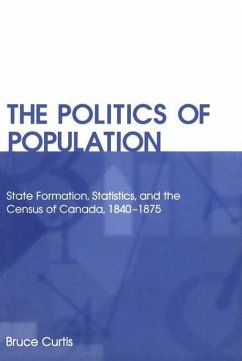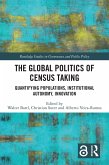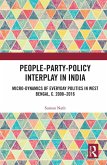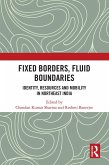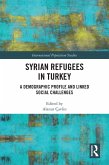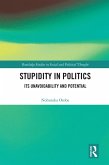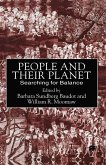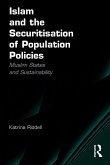Inspired by recent developments in social theory and based on extensive archival research, this book provides the first systematic analysis of the developing knowledge capacities of the state in Victorian Canada. No government can intensively administer citizens about whom it knows nothing. The centralization of knowledge in the form of official statistics was an important dimension of state formation. The census of population was the leading project for the production of social intelligence."e;The Politics of Population"e; provides a detailed account of the political and social context in which census-making developed in Canada. It deals with census-making as a political project, investigating its place in and impact on party politics and ethnic, religious, and sectional struggles. It also looks closely at census-making as an administrative practice, identifying the main census managers and outlining the organization of five attempts at census-making between 1842 and 1850, before following in detail how census-making finally unfolded between 1852 and 1871. Curtis examines parliamentary debate and governmental reports, but he also follows census enumerators into the field and traces how what they saw was worked up into 'official statistics.' Theoretically, the manuscript engages in a critical dialogue with work in the history of statistics, studies of state formation, social studies of scientific knowledge, and work in the field of 'governmentality.'Winner of the Sir John A. Macdonald Prize, awarded by the Canadian Historical Association, and the John Porter Prize, awarded by the Canadian Sociology and Anthropology Association.
Dieser Download kann aus rechtlichen Gründen nur mit Rechnungsadresse in A, B, BG, CY, CZ, D, DK, EW, E, FIN, F, GR, HR, H, IRL, I, LT, L, LR, M, NL, PL, P, R, S, SLO, SK ausgeliefert werden.

